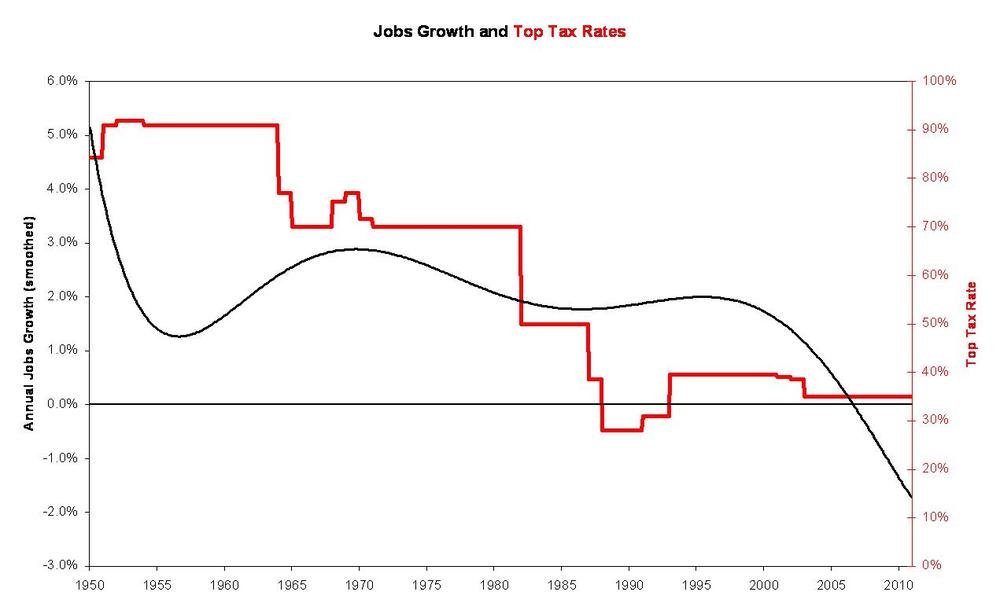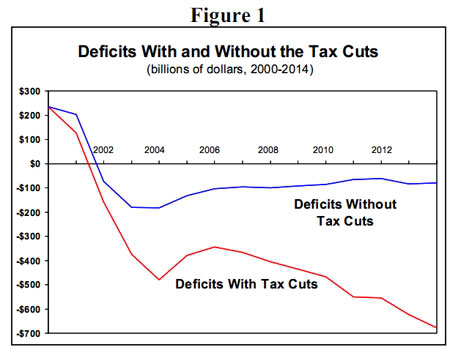httpv://www.youtube.com/watch?v=cihcMqBgmPs
Picking up again on our examination of the relation of Christian fundamentalism to right wing politics, here’s Frye in “The Double Mirror” on the false literalism of fundamentalists. (It’s a long excerpt, but it leads up to the last paragraph that makes it worth the effort.)
The traditional view of the Bible, as we all know, has been that it must be regarded as “literally” true. This view of “literal” meaning assumes that the Bible is a transparent medium of words conveying a “true” picture of historical events and conceptual doctrines. It is a vehicle of “revelation,” and revelation means that something objective, behind the words, is being conveyed directly to the reader. It is also an “inspired” book, and inspiration means that its authors were, so to speak, holy tape-recorders, writing at the dictation of an external spiritual power.
This view is based on an assumption about verbal truth that needs examining. One direction is centripetal, where we establish a context out of the words read; the other is centrifugal, where we try to remember what the words mean in the world outside. Sometimes the external meanings take on a structure descriptive or nonliterary. Here the question of “truth” arises: the structure is “true” if it is a satisfactory counterpart to the external structure to it is parallel. If there is no external counterpart, the structure is said to be literary or imaginative, existing for its own sake, and hence often considered a form of permissible lying. If the Bible is “true,” tradition says, it must be a nonliterary counterpart of something outside it. It is, as Derrida would say, an absence invoking a presence, the “word of God” as a book pointing to “the word of God” as speaking presence in history. It is curious that although this view of Biblical meaning was intended to exalt the Bible as a uniquely sacrosanct book, it in fact turned it into a servomechanism, its words conveying truths or events that by definition were more important than the words were. The written Bible, this view is really saying, is a concession to time: as Socrates says of writing in the Phaedrus, it is intended only to call to mind something that has passed away from presence. The real basis of the Bible, for all theologians down to Karl Barth at least, is the presence represented by the phrase “God speaks.”
We have next to try to understand how this view arose. In a primitive society (whatever we mean by primitive), there is a largely undifferentiated body of verbal material, held together by the sense of its importance to that society. This material tells the society what the society needs to know about its history, religion, class structure, and law. As society becomes more complex, these elements become more distinct and autonomous. Legend and saga develop into history; stories, sacred or secular, develop into literature; a mixture of practical knowledge and magic develops into science. Society struggles to contain these elements within its overriding concerns, and tries to impose on them a structure of authority that will keep them unified, as Christianity did in medieval times. About two generations ago there was a fashion for crying up the Middle Ages as a golden age in which all aspects of culture were unified by common sentiments and beliefs. Similar developments, with a similar appeal, are taking place today in Marxist countries.
Continue reading →

